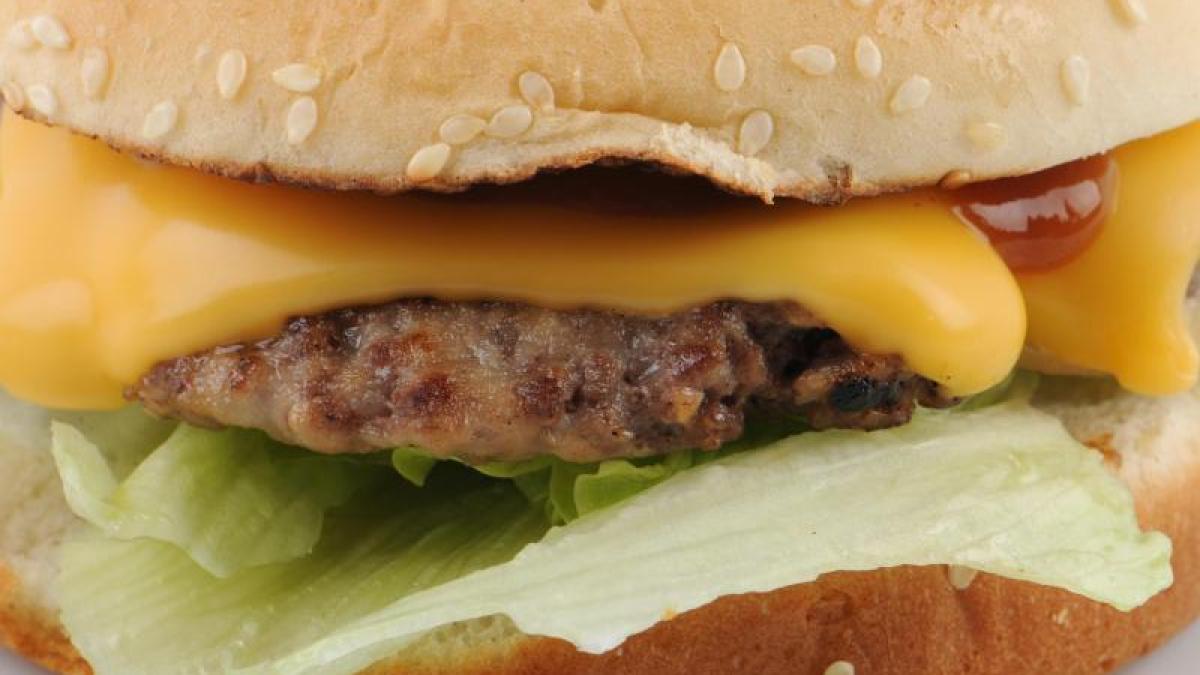We judge attractiveness using a kind of archetype that represents what we find attractive and by which we rate ourselves and those around us. This prototype is formed from the totality of experiences that we go through in our life path, that is, through the mass of faces that we see. As a rule, we find that faces of average appearance are particularly attractive, that is, those whose features appear average: a medium-sized nose, a broad average chin, and so on. If this mass of images, from which we form our prototypes, is made up more and more of artificially processed faces, it becomes increasingly isolated from reality.
The archetype, by which we measure the world and form our ideals of beauty, no longer reflects the mediocrity.
correct. This, of course, is especially dangerous for young people whose prototype is not yet solid. Because this can also lead to the fact that they see themselves and others as less beautiful. With the increase in life experience, perhaps this can be corrected again. But that would likely take a lot of time and huge interventions, like doing it without the cosmetic prostheses.
This phenomenon is actually not new. Basically, we know processed faces and unrealistic body images from many advertisements, from toys like Barbie dolls or from Walt Disney films.
However, the difference is the huge number of photos we are facing these days that everyone can edit their selfies by themselves. This wasn’t the case before, when we’d flip through a few posters of people photoshopped and then flip through a fashion magazine. Meanwhile, it is no longer possible to artificially process not only photos, but also videos. Labels like “This photo or this video has been edited” don’t help much here, since facial recognition software works within milliseconds and mistakes photos for photos of reality.
In Great Britain, influencers have been banned from using filters to advertise certain effects of cosmetic products in 2021. Is this a step in the right direction?

“Alcohol buff. Troublemaker. Introvert. Student. Social media lover. Web ninja. Bacon fan. Reader.”







More Stories
Is the wrong diet making you forget?
We can study it with a new telescope.
Education: Start studying astronomy at school.